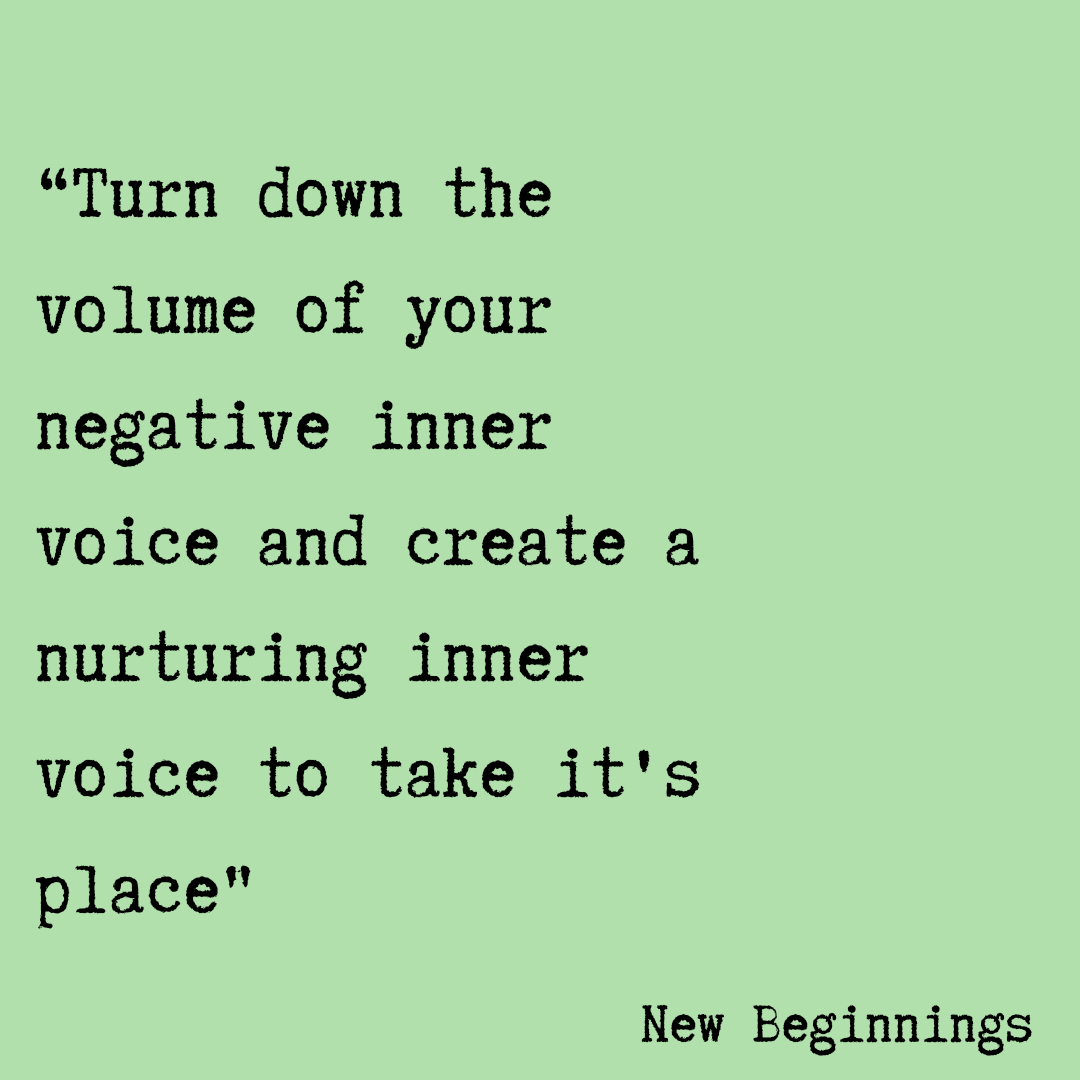Counsellor Sarah Barr gives a guide to liking who you are and boosting your self-talk from being negative to positive.
Your self-talk is one of the major factors in helping to shape your identity.
Studies show that self-talk can improve your memory, confidence and focus.
Show yourself some kindness
We all struggle with self-confidence from time to time. We often forget to take care of ourselves, we don’t prioritise our self-care enough. We may think we don’t deserve to or it is selfish.
The truth is that, to take care of others, you have to put on your oxygen mask first.

Talking to yourself is one the most natural, yet undervalued, skills we have.
Ask yourself, would you let someone talk to you the way you talk to yourself?
Self-talk can make us feel better about ourselves as well as boosting our confidence.
Change Your Words, Change Yourself
The power of words comes from the beliefs we have in them.
Our brain is programmed to be negative. Neuroscience shows that the majority of our self-talk is negative. This negativity bias causes the brain to overreact to negative words, attaching negative emotion to the word which then impacts on our confidence, behaviour and actions.
We can overcome this negative bias by becoming more mindful of the words we choose and through using CBT techniques in counselling.
Some of the most common negative words/statements we say to ourselves:

“I can’t”: It’s the belief that you cannot do something, even before you have tried.
“I have to”: This statement turns regular activities into a burden.
“I should“: This mindset is often focused on external pressure, such as other people’s expectations. It can also create guilt feelings as we try to people please or impress other people. The ‘shoulds’ often represent what others want us to do.
4 tips to boost your self-talk
1. Awareness

Pay attention to how you talk to yourself and the impact your words have on your feelings and actions. You can ask a friend to call you out every time you use negatives words to describe yourself. Or write down the negative words you most commonly use in your self-talk, this will also help develop your self-awareness.
2. Positive Affirmations

Positive affirmations promote a favourable view of your life, not to convince you that everything is perfect.
Here are some examples: (also check out the previous article).
“I am enough”.
“I choose to be present”.
“I am grateful”.
3. Replace words

The easiest way to erase certain words from your self-talk is to replace them with others.
Practice replacing:
“I’ can’t” with “I will.”
“I have to” with “I want to.”
“I should” with “I choose to”</em
4. Reflect

As you become more aware of the words you use, practice reflection.
Stop for a couple of seconds and evaluate your thoughts. Ask yourself “Is that thought hurtful or helpful?”
Reflect on your self-talk. If the words you are using hurt you, go back and see how you can replace those words.

Remember: Words are powerful but don’t expect miracles. New habits form when new strategies are learned and applied. Change takes time and practice. You need to develop awareness before you can implement positive self-talk into your daily routines.
Treat yourself with kindness ~ Sarah.
















